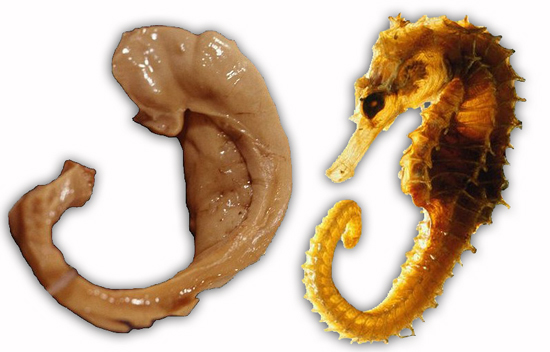Your brain forms, organizes, and stores memories in the hippocampus.
 This tiny organ helps you form long-term memories, connect memories to other memories, and connect memories to emotions and senses. When you smell cookies and think of your grandma -- or maybe the mall -- that’s the hippocampus at work.
This tiny organ helps you form long-term memories, connect memories to other memories, and connect memories to emotions and senses. When you smell cookies and think of your grandma -- or maybe the mall -- that’s the hippocampus at work.
The name comes from the Greek words for seahorse, because the organ is shaped kind of like one (hippo means horse and kampos means sea). The organ consists of two parts: one on the right side of your brain and one on the left. It sits near the amygdala and the pineal gland, inside the temporal lobe.
The hippocampus helps you navigate, orient yourself in space, and form emotional reactions. In people who suffer from Alzheimer’s Disease, it’s among the first parts of the brain to become damaged, which explains why these folks have a hard time remembering things and may get lost easily.
It can also be damaged by oxygen deprivation, infection, inflammation caused by epilepsy, and stress. Someone with a damaged hippocampus may be able to remember new things but not recall older memories. In some cases, a damaged hippocampus can even block formation of new memories. Because the hippocampus is very sensitive to stress, experiencing high degrees of stress for a long time can lead to shrinking of this important organ.
Yet studies show that a damaged hippocampus does not prevent a person from learning new skills, so that function is most likely controlled by other areas of the brain. The fact is that the brain is still very mysterious, so while we may know a lot about it, we don’t yet even know how much we don’t know.
